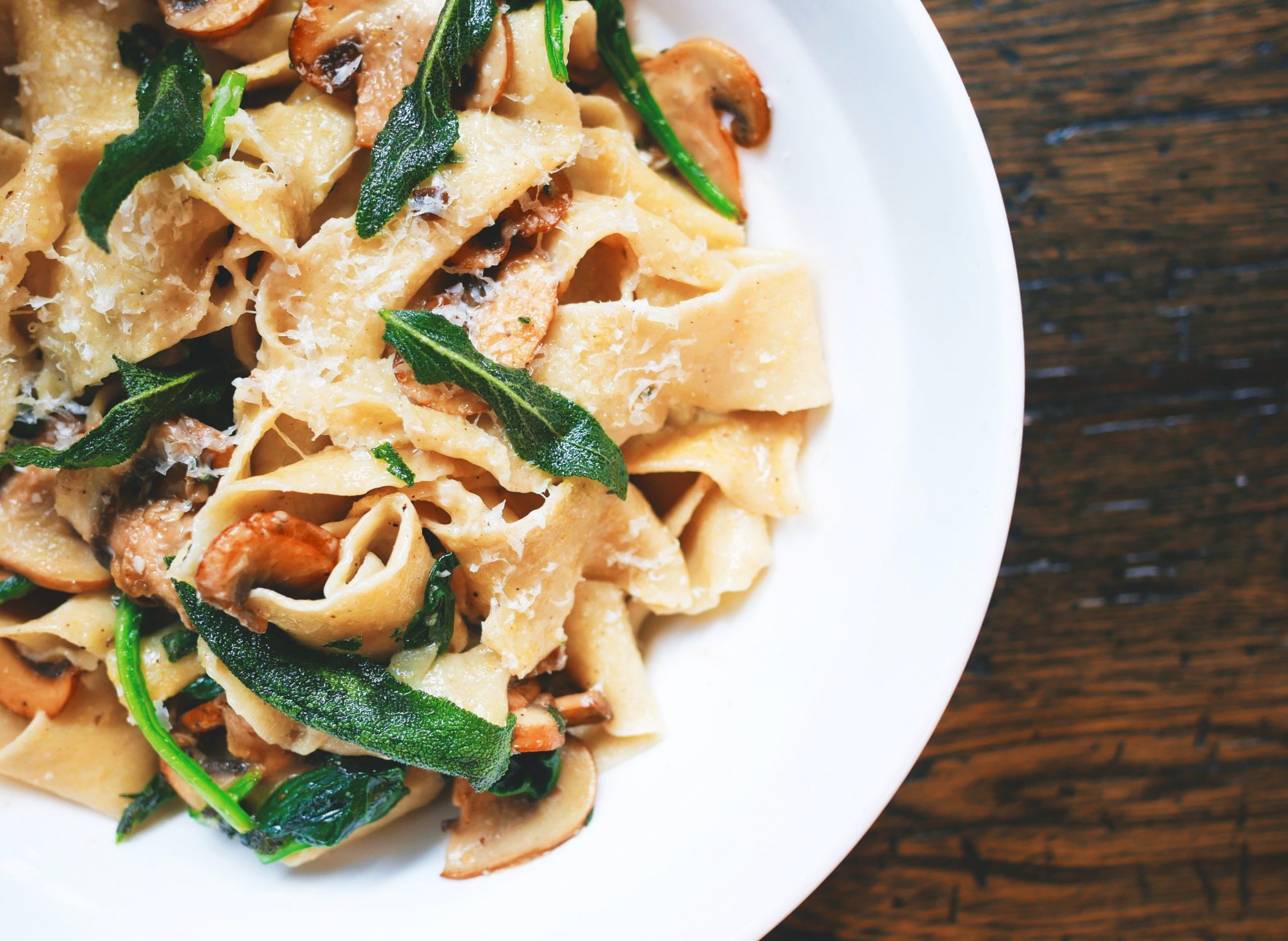Not sure what to eat before a run?
In order to perform at your best during a run, you have to ensure you fuel your body properly. We asked a sports nutritionist what to eat before running.
Exercising first thing in the morning is a great way to set yourself up for the day, and can improve everything from your mood through the day to your focus, and even help to control your blood pressure and improve sleep.
For some, this might mean that they hit the weights or head to a class on just a coffee, and refuel on a big, nutritious breakfast after.
When it comes to fasted running, though, starting your workout on an empty stomach can very often lead to you struggling, aching and even heaving.
You may also like
These dynamic stretches are the perfect way to warm up before a run
“Fasted training refers to exercising without eating after an overnight fast, so not having breakfast, or having not eaten for five hours during the day,” explains sports nutritionist Rebecca Dent. But is it ever a good idea to do a fasted run?
Well, that depends on how far you’re going. “Fasted training can be a good idea if you’re an endurance runner, so going for two or three hours,” she says. “It helps both the physiological adaptations to endurance training, meaning it will make you fitter. It also helps your body become better at using fat as a fuel source when you run, so you can preserve carbohydrate stores for when you really need the push, say at a hill.”

However, Rebecca urges people not to get in the habit of skipping their pre-run meals. “Fasted training does increase stress on the body and can particularly impact female hormones, so it’s something you need to be mindful about and place strategically in your training.”
Unless you’re running marathons on the daily then your run will probably benefit from eating before hand, anyway. “5k, 10k, park runs, half marathons, lunchtime jogs… none of these need to be done fasted,” Rebecca explains. “That’s because you will be going at a faster pace than you would be during endurance training, and to do that you need carbohydrates in the tank.”
You may also like
Not sure how to breathe when running? 5 tips to improve your run
What should you eat before running?
It doesn’t mean you should be eating a big meal before heading out. That will only lead to discomfort and sluggishness. “Ideally what you have will just be a top up of your carbohydrate fuels after your evening meal or breakfast,” says Rebecca.
That means a carbohydrate based dinner the night before (think rice, pasta, potatoes) if you’re going first thing in the morning, or making sure your breakfast or lunch on the day of are full of carbs. Then, 30-60 minutes before running, eat a carbohydrate based snack. “You need it to be easy to digest, like a banana, rice cakes with peanut butter or oat-based cereal bars,” Rebecca advises. “How big your portion is depends on personal preference. Ideally, it will be around 30g of carbohydrates, but you need to see what works for you.”
If you really can’t stand the thought of eating before exercise, Rebecca suggests introducing it slowly. For example, try one rice cake, then when your body is used to that, try two. Keep an eye on your performance to see if it changes after getting some carbohydrates in the tank.
Follow @StrongWomenUK on Instagram for the latest workouts, delicious recipes and motivation from your favourite fitness experts.
Images: Getty / Unsplash
Source: Read Full Article


